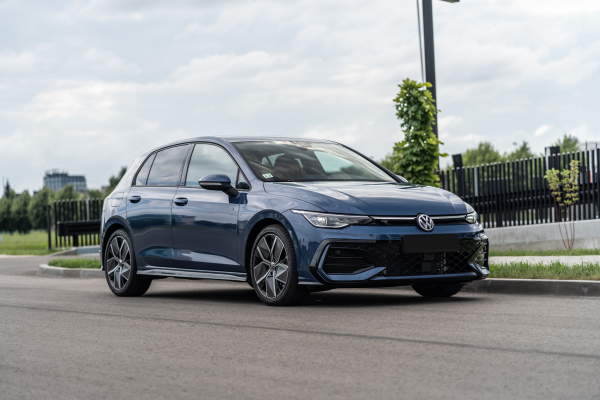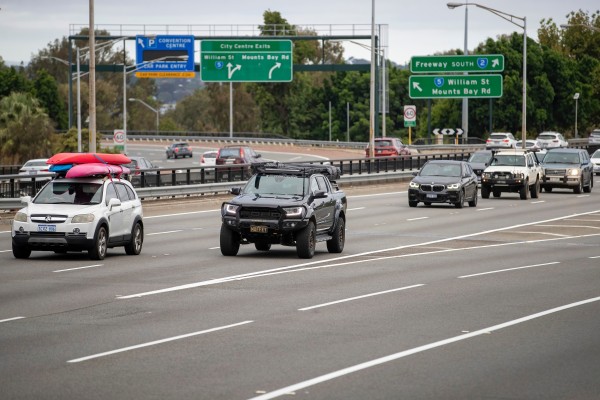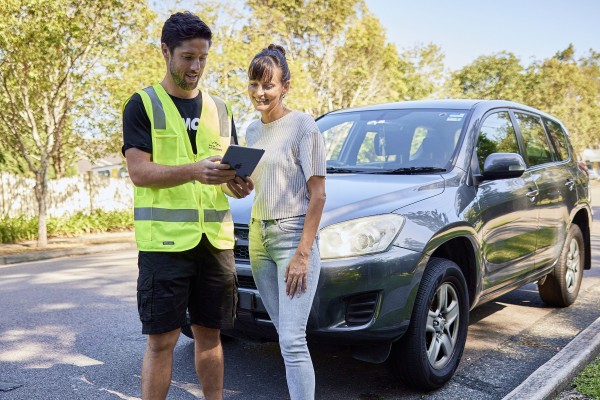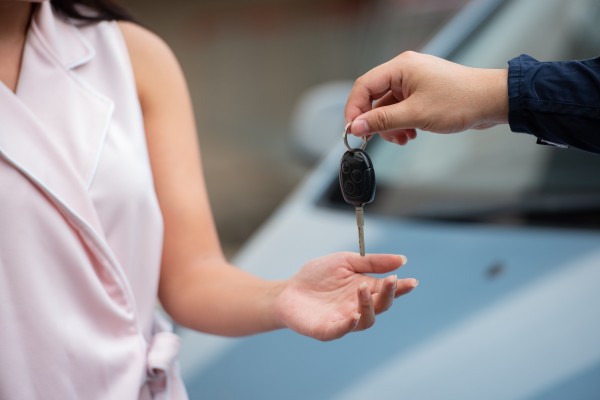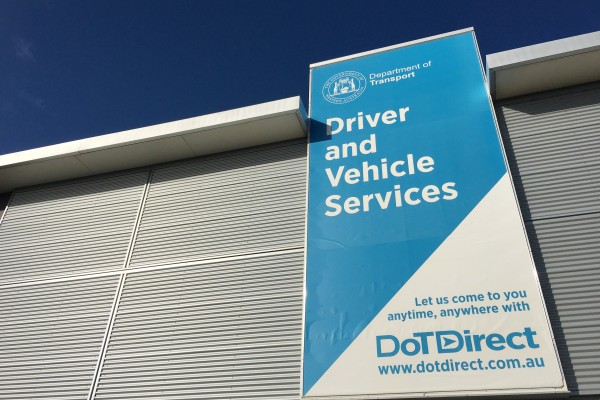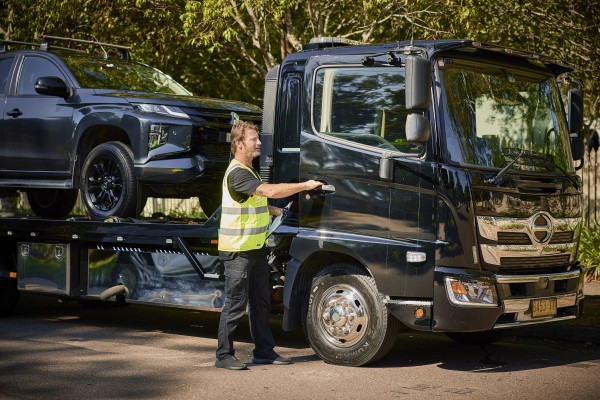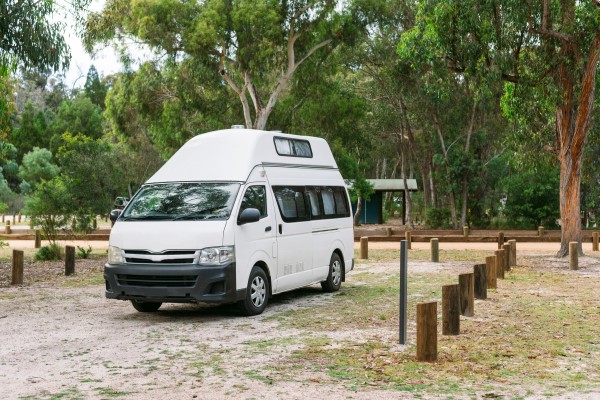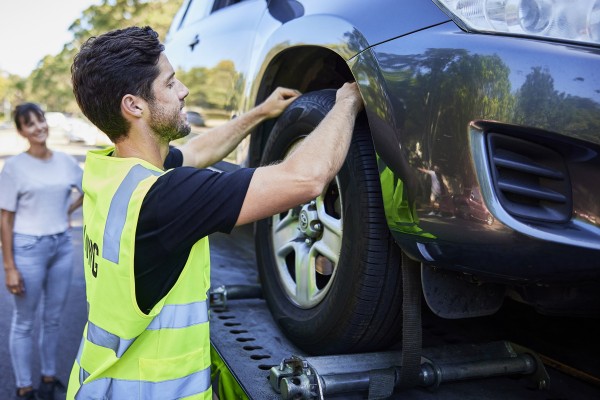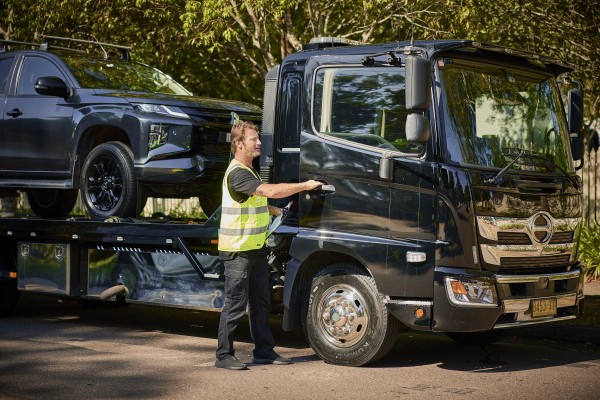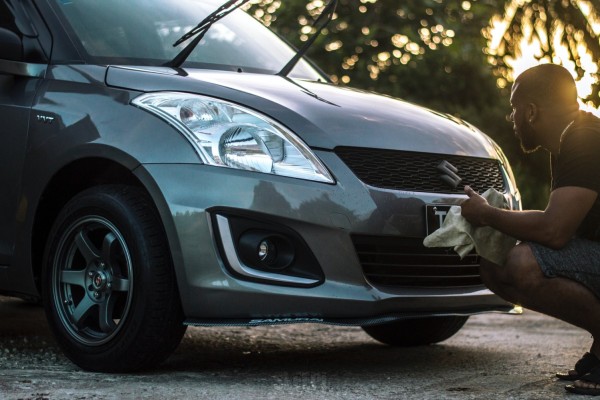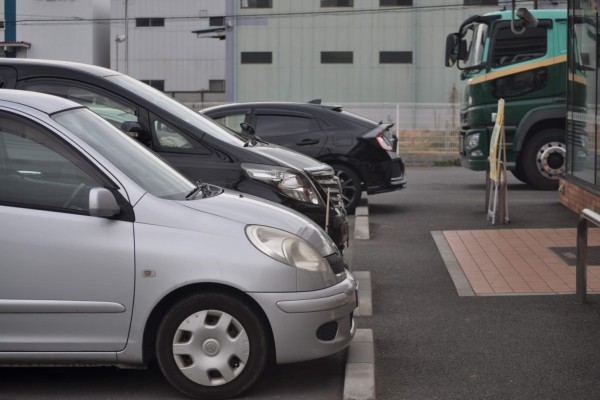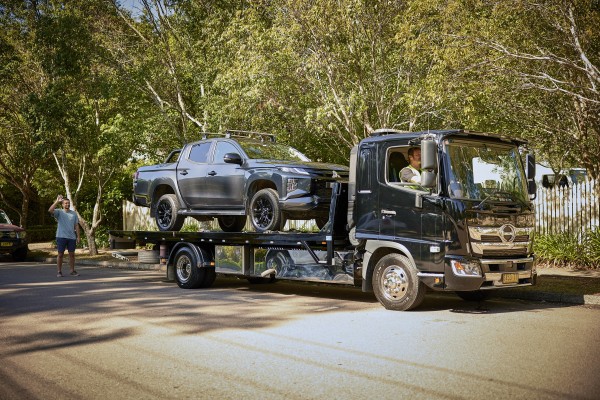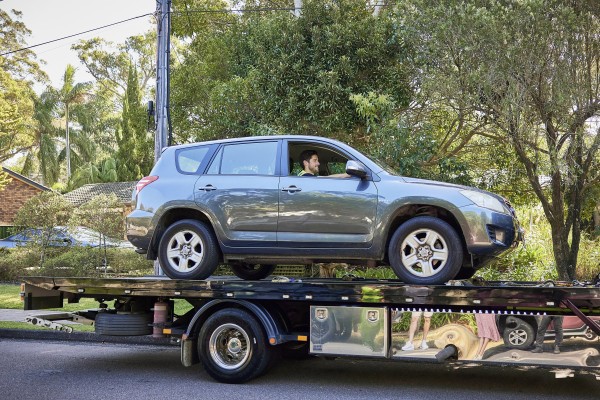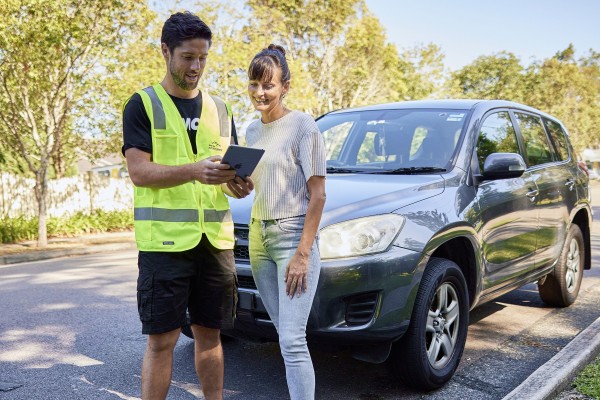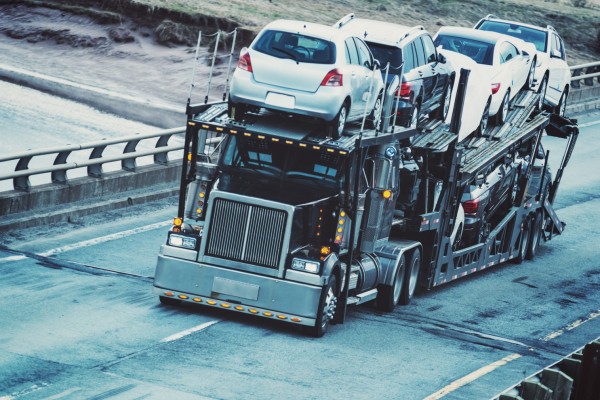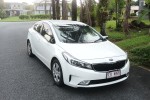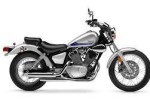Luxury Car Tax in Australia
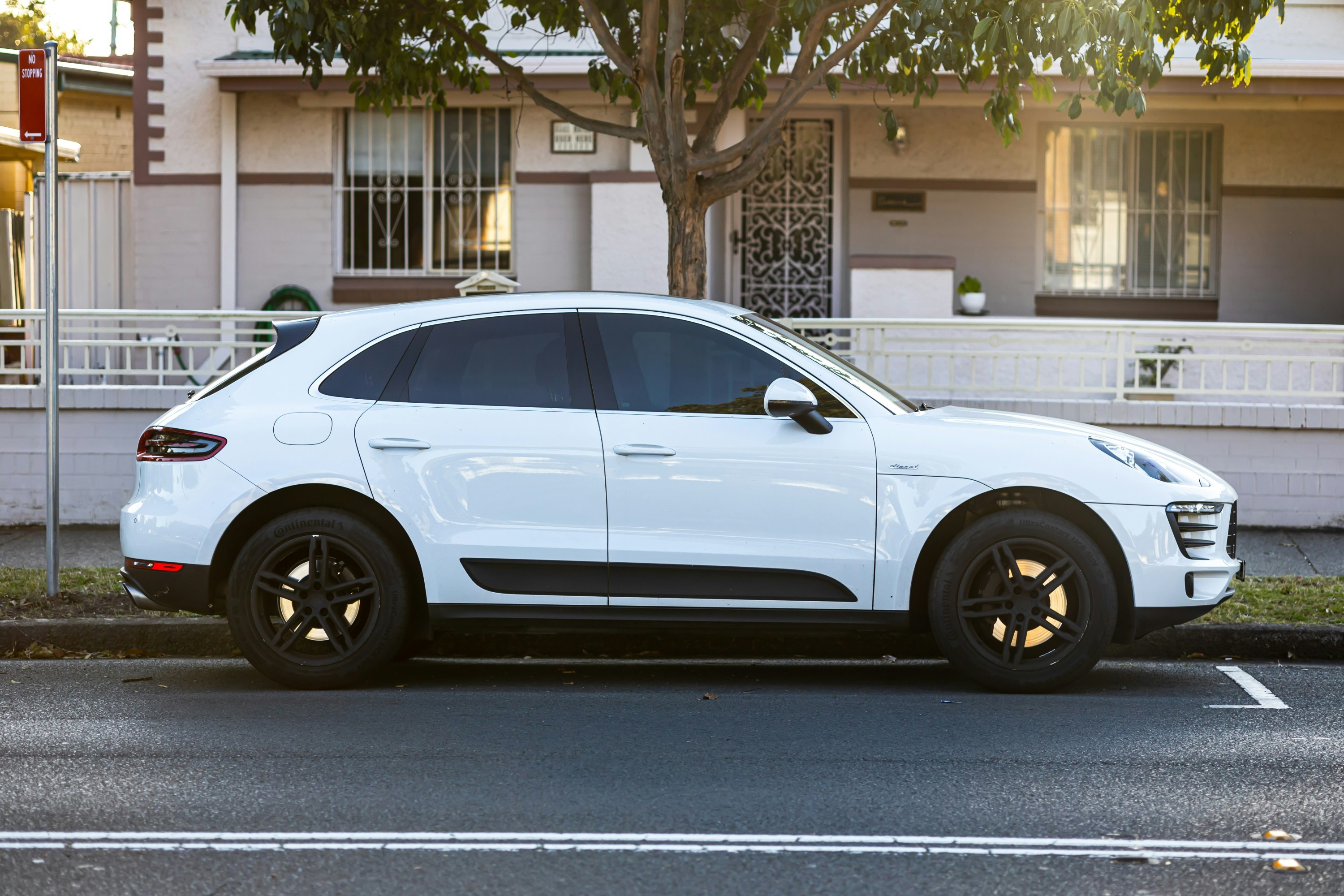
Smooth leather interiors, the latest tech, and breath-taking acceleration - there’s certainly a lot to love when it comes to high end cars. While it’s easy to get swept up in the excitement of hitting the road with your polished chrome wheels, there are a few (perhaps less exhilarating) things you need to consider before getting behind the wheel.
Whether you’re looking to buy a brand new luxury car or are importing from overseas, there are a number of costs and government taxes you should be aware of. One of those costs is Luxury Car Tax (LCT).
In this article, we’re covering all of your questions and concerns around Luxury Car Tax in Australia - keep reading for more.
Contents
What is luxury car tax?
If you’re in the market for a luxury car, there’s a fairly good chance you'll be up for the Luxury Car Tax, or LCT as it’s commonly known.
LCT is a fee paid on the importing or sale of luxury vehicles. The Australian Taxation Office (ATO) deems any car valued more than the LCT Threshold to be a luxury car.
While LCT is applied only to dealerships and those importing luxury vehicles, car dealers usually pass on the cost of LCT to the buyer as part of the overall cost of the vehicle.
What is the luxury car tax threshold?
The LCT threshold will vary depending on the year and fuel efficiency of your vehicle.
The following table lists the LCT thresholds broken down by the financial year the car was imported, acquired or sold and whether it’s considered fuel efficient or not.
| Financial year | Fuel efficient vehicles | Other vehicles |
| 2023 - 24 | $89,332 | $76,950 |
| 2022 - 23 | $84,916 | $71,849 |
| 2021 - 22 | $79,659 | $69,152 |
| 2020 - 21 | $77,565 | $68,740 |
| 2019 - 20 | $75,526 | $67,525 |
| 2018 - 19 | $75,526 | $66,331 |
| 2017 - 18 | $75,526 | $65,094 |
| 2016 - 17 | $75,526 | $64,132 |
| 2015 - 16 | $75,375 | $63,184 |
| 2014 - 15 | $75,375 | $61,884 |
| 2013 - 14 | $75,375 | $60,316 |
| 2012 - 13 | $75,375 | $59,133 |
| 2011 - 12 | $75,375 | $57,466 |
NOTE: There are some exceptions to LCT - we’ll get to those later.
What is classed as a luxury car?
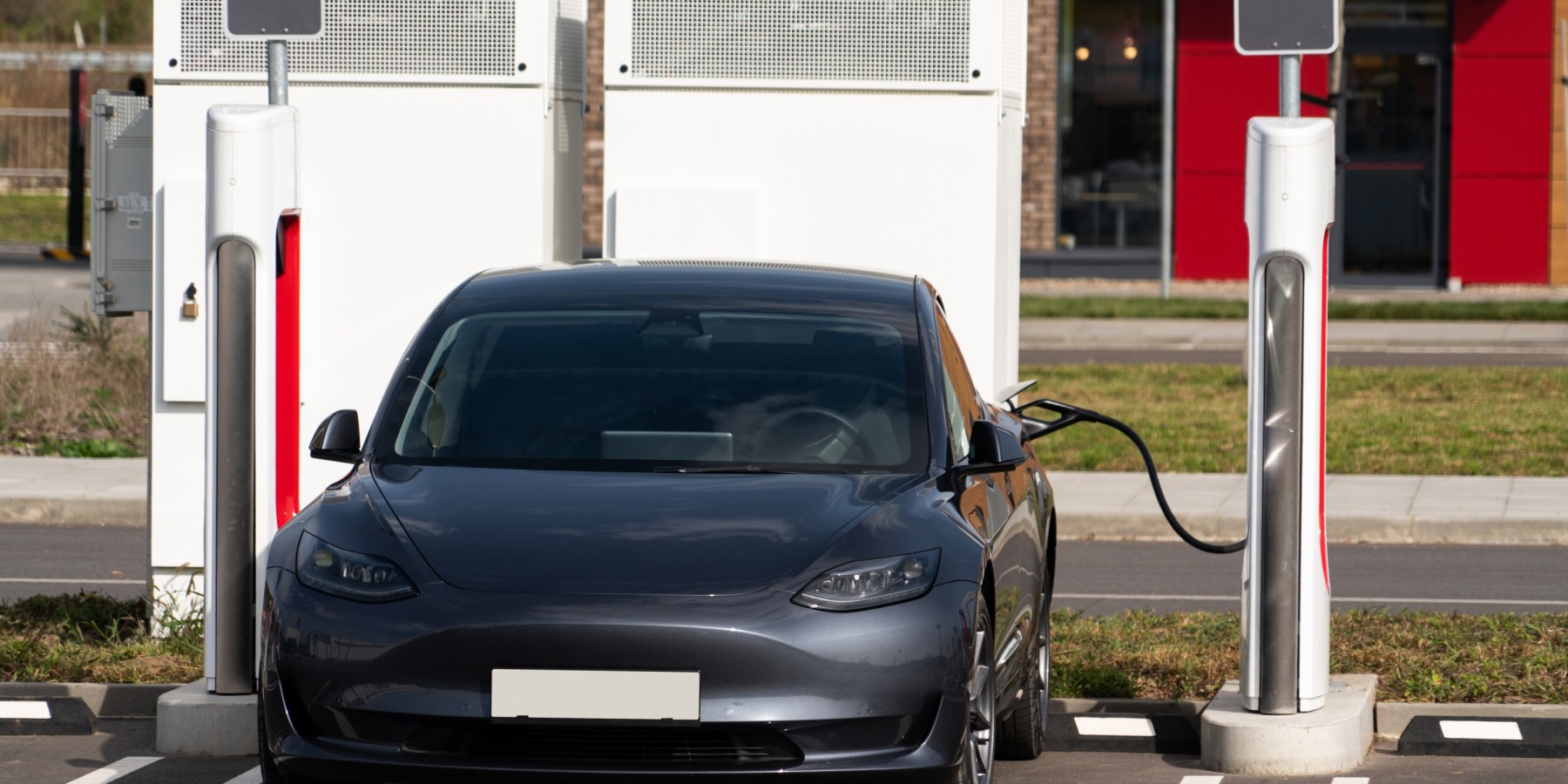
When most people think of luxury cars, they envisage a Ferrari, Lamborghini or Rolls Royce.
Unfortunately, in the eyes of the Australian Government, luxury cars often aren’t quite as ‘luxe’ in the traditional sense of the word.
The truth is, it isn’t just sports cars or limos that are impacted by LCT. The Luxury Car Tax applies to any vehicle that sits above the LCT threshold.
How is the LCT value of a car determined?
The LCT value of a car includes:
The LCT value does not include:
How to calculate luxury car tax
LCT is currently a 33% tax on the amount above the luxury car threshold
Use this simple formula to work out LCT:
(LCT value − LCT threshold) × 10 ÷ 11 × 33%
The reason to times by 10 and then dividing by 11 is to remove the GST component before getting to the final payable figure.
Example:
You buy a new car with an LCT value including GST of $100,000 in the 23/24 financial year. In this case the car is not considered fuel efficient so the LCT threshold is $76,950.
($100,000 - $76,950) x 10 ÷ 11 x 33% = $6,915
Let’s break it down:
-
Subtract the LCT threshold: $100,000 - $76,950 = $23,050
-
Remove the GST component: $23,050 x 10 ÷ 11 = 20,954.55
-
Find the payable LCT: $20,954.55 x 33% = $6,915
In this case, there is a total of $6,915 LCT to pay.
Why is there a luxury car tax in Australia?
The LCT was introduced in July 2000 when the Goods and Services Tax (GST) came into effect. It replaced the wholesale sales tax - a tax that had applied to luxury vehicles since the 1980’s.
Designed to protect Australian-manufactured vehicles, the LCT initially impacted limousines, sports cars and other prestige vehicles.
In fact, when the LCT threshold was was first brought in, only two Australian-made models were applicable for the tax - the Holden Caprice and the Ford LTD
Nowadays, LCT is applied to more family vehicles than actual luxury cars. This has led to calls from the wider public to abolish the tax completely.
How to avoid LCT in Australia
While there’s no real way of avoiding LCT, there are some ways you can minimise the amount of LCT you have to pay:
Choose a fuel efficient car. Luxury cars with better fuel efficiency have a higher LCT threshold - meaning you pay less. This is an effort by the Australian Government to encourage buyers to select cars that are kinder to the environment.
Consider a trade-in. Trade-ins can reduce the overall taxable value of your new luxury car. Where possible, leverage your old vehicle to stay under the LCT threshold.
Negotiate with LCT thresholds in mind. Negotiating price is a pretty standard part of the car buying or selling process. By keeping the LCT thresholds front of mind during these negotiations, you’re more likely to settle on a price that minimises or even removes the impact of LCT.
What cars are exempt from LCT?
There are a few vehicles that are exempt from LCT including commercial vehicles, cars designed with the principal purpose of carrying passengers, and emergency service cars.
Business vehicles for primary industries may also claim a reduction of the tax up to 8%. There are similar reductions available for those working in tourism.
Eligible persons with disability may also present a declaration to a motor vehicle supplier so they don’t have to charge LCT.
The ATO states the additional exemptions from LCT:
Will luxury car tax be abolished in Australia?
Unfortunately there are no plans to abolish Luxury Car Tax in Australia.
Despite calls from various groups and organisations to scrap the tax entirely, the Australian Federal Government has announced that LCT will be updated and expanded upon in 2025 /2026.
From this time, the definition of a ‘fuel-efficient vehicle’ will be tightened - meaning more vehicles will be pushed out of the fuel efficient category and will pay a higher LCT.
Is a luxury car really worth the LCT?
As it stands, buying or importing a luxury car in Australia comes with its fair share of costs. But, only you know whether this is a price worth paying, or if it’s a stretch too far.
Transporting a vehicle
If you’re planning on buying a new car (luxury or otherwise) the team at Upmove can help get it safely to your driveway - at the best possible cost. You can find a reliable, affordable car transport services for both local and interstate car transport moves.
And, don’t worry, you won’t find any surprise costs, taxes or expenses here.
What do our customers say?

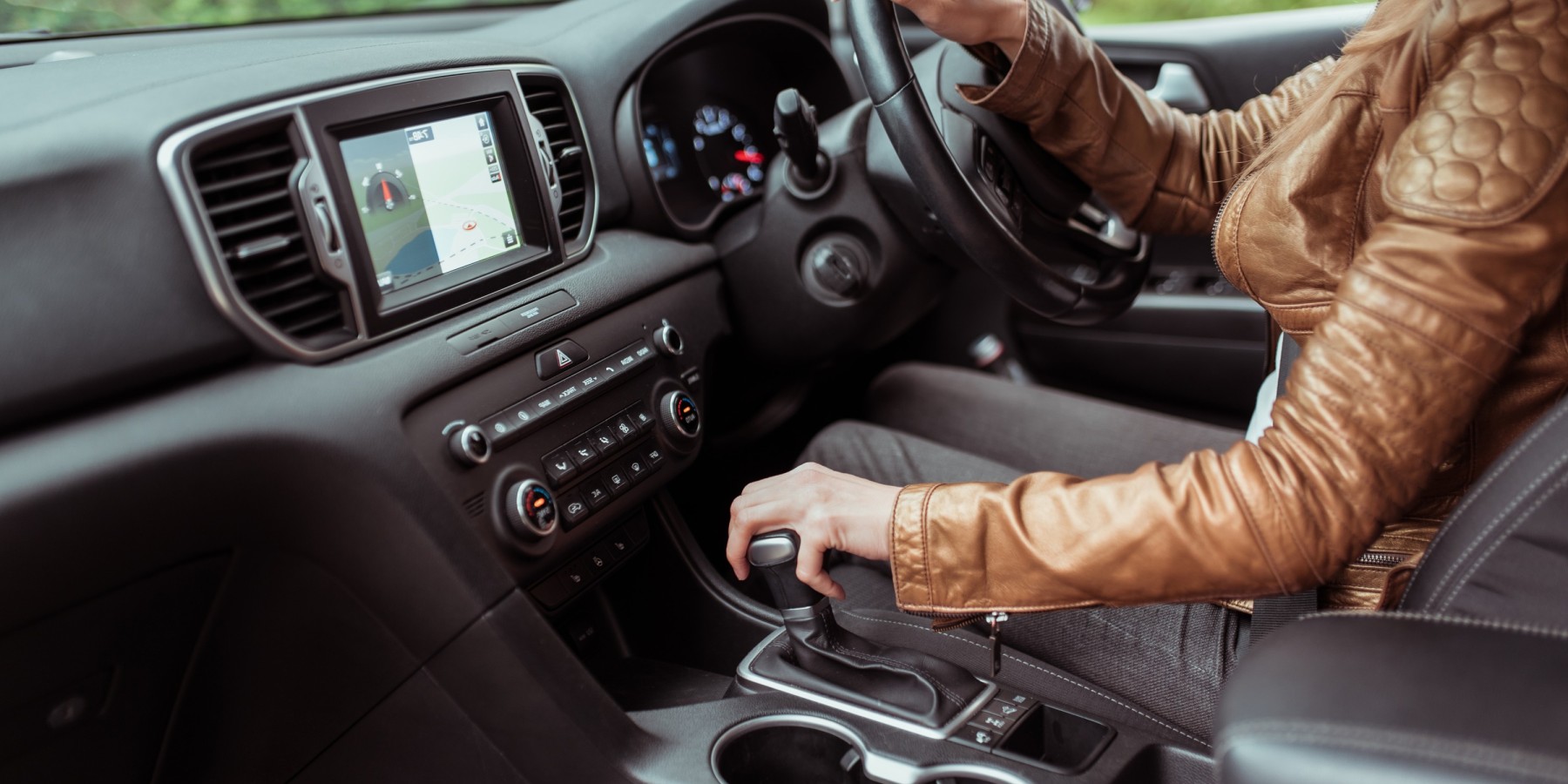
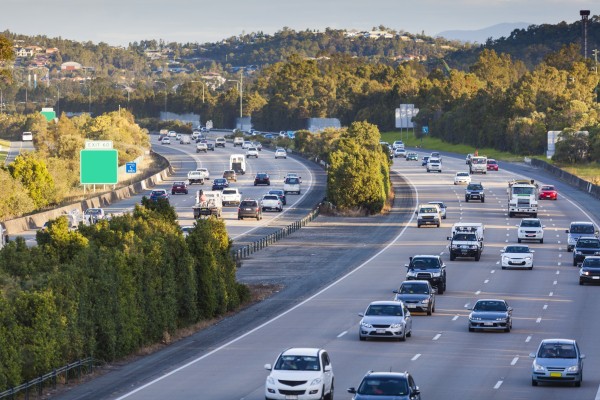
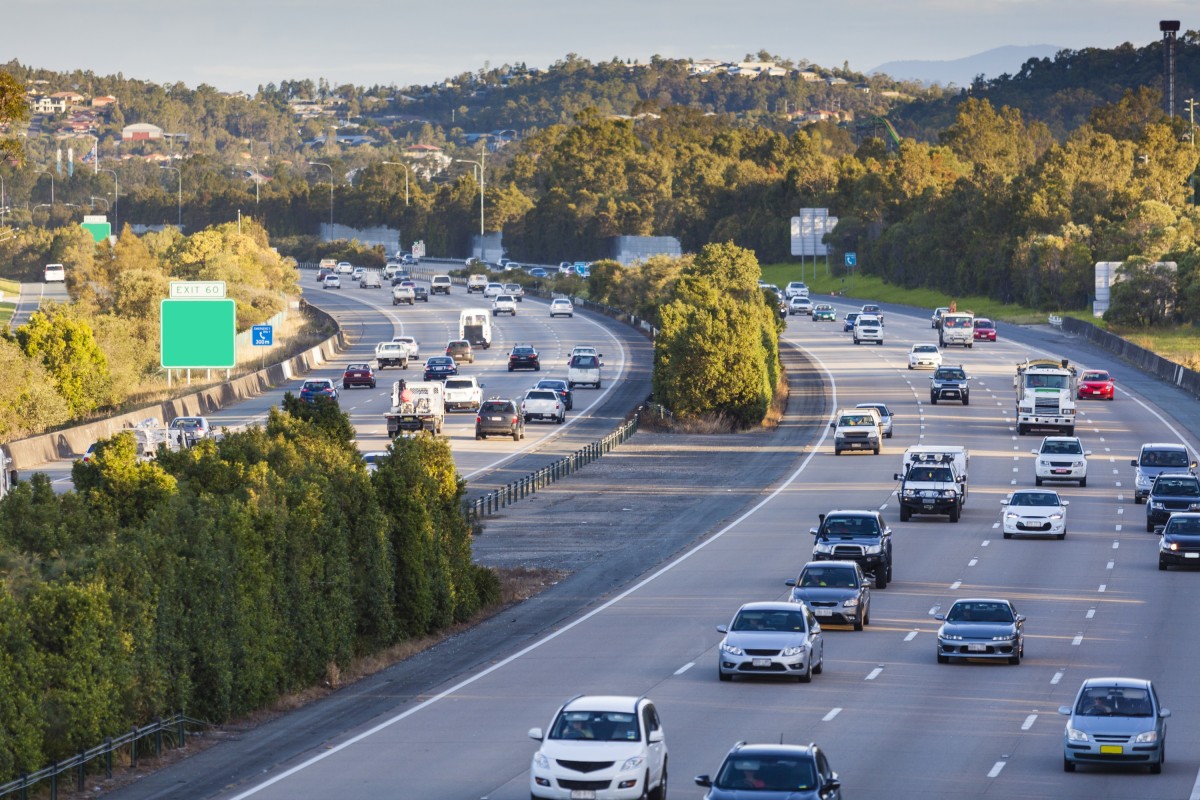
![The most popular cars in Australia [2025] The most popular cars in Australia [2025]](https://cdn.upmove.com.au/image/blog/a0026fa89fdff80b90a2cfa8aa9a7b51.jpeg)
